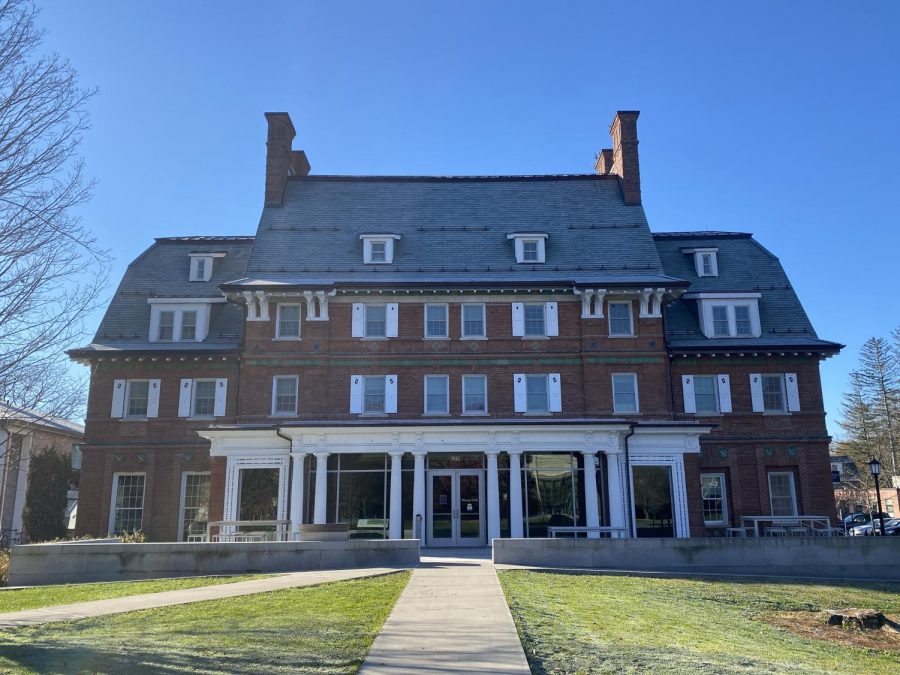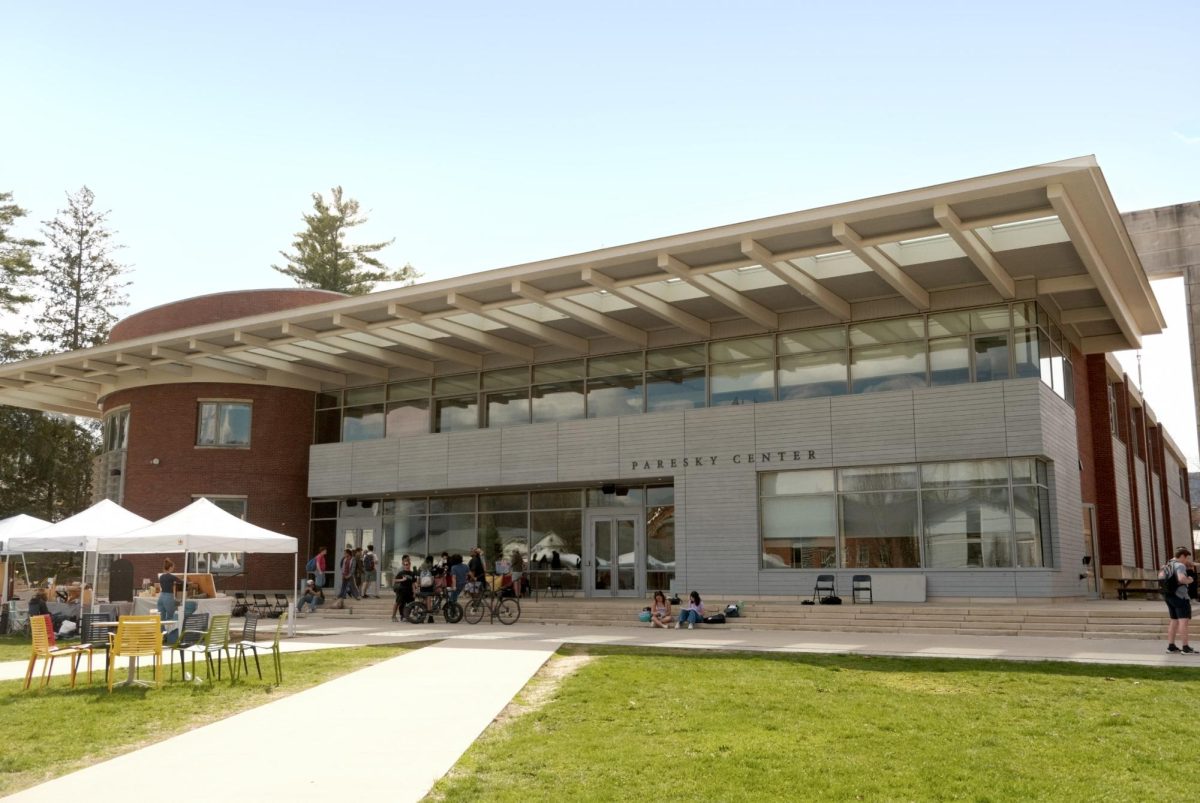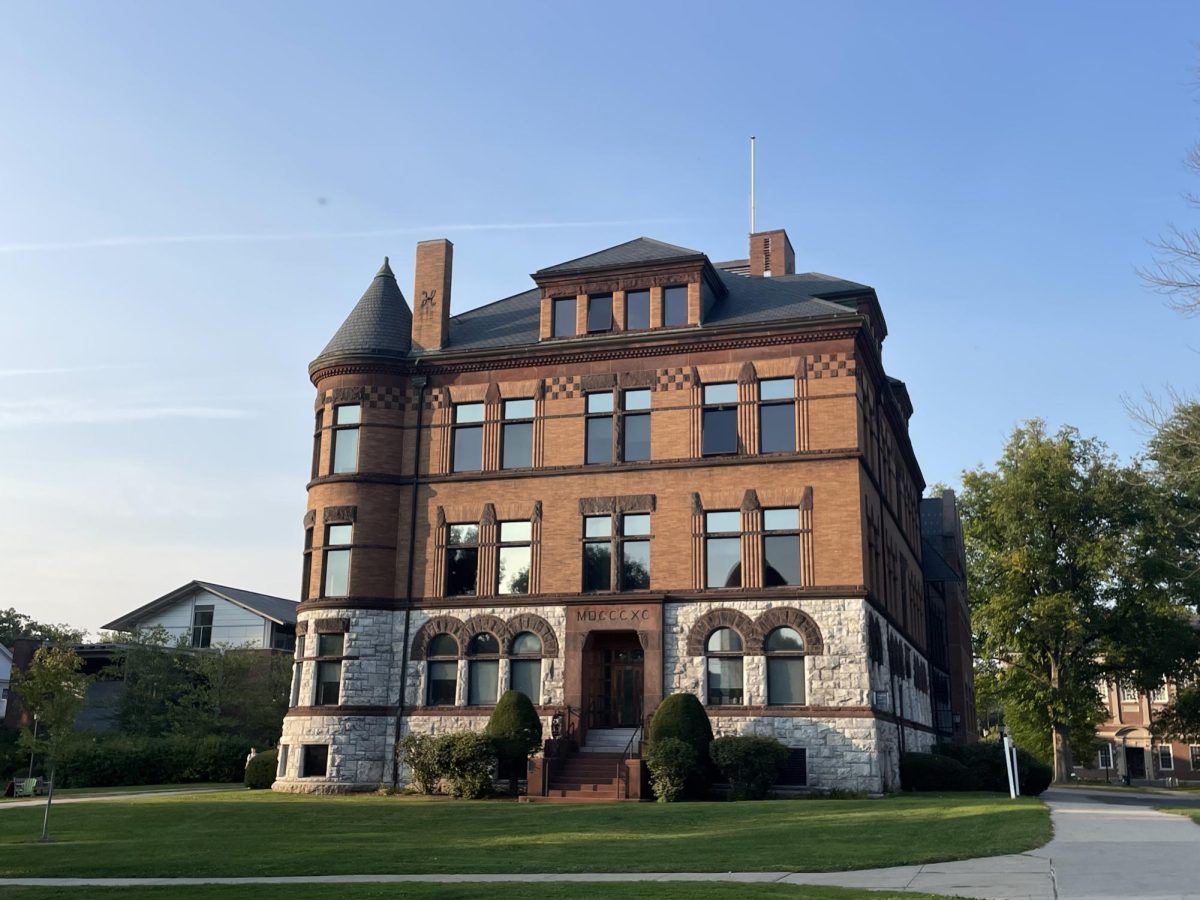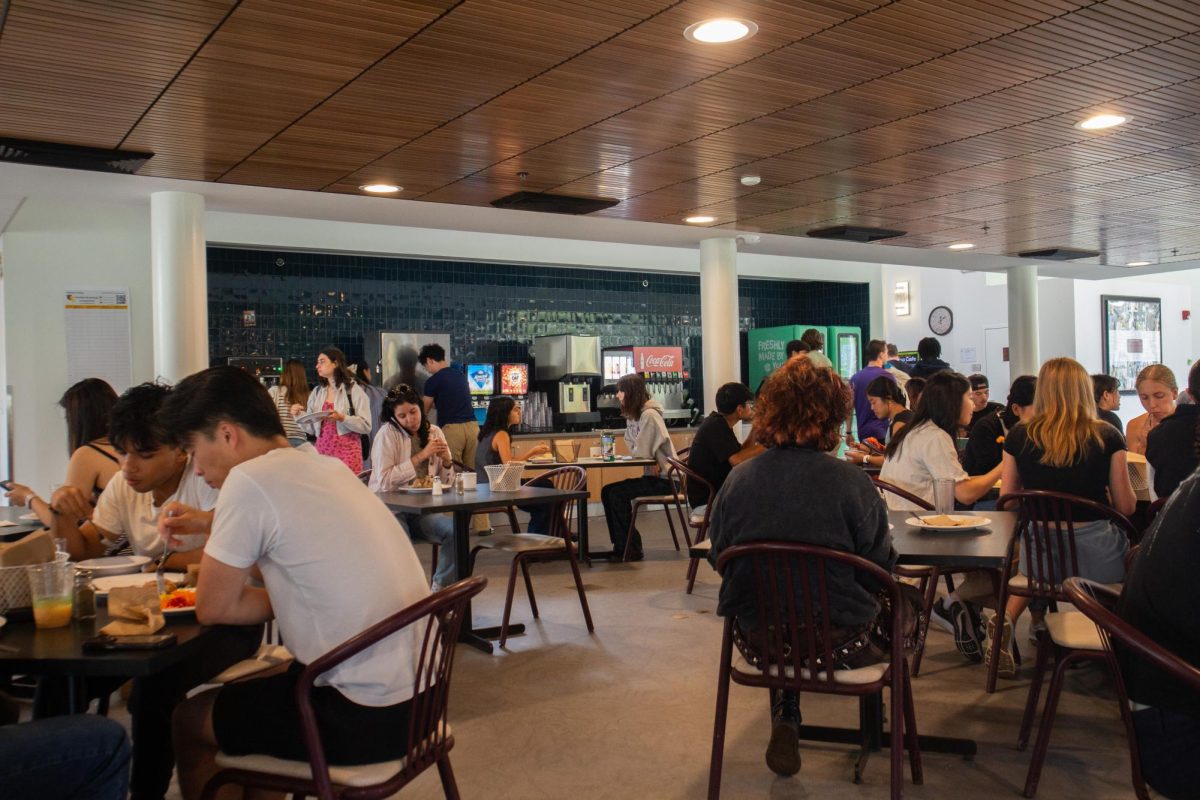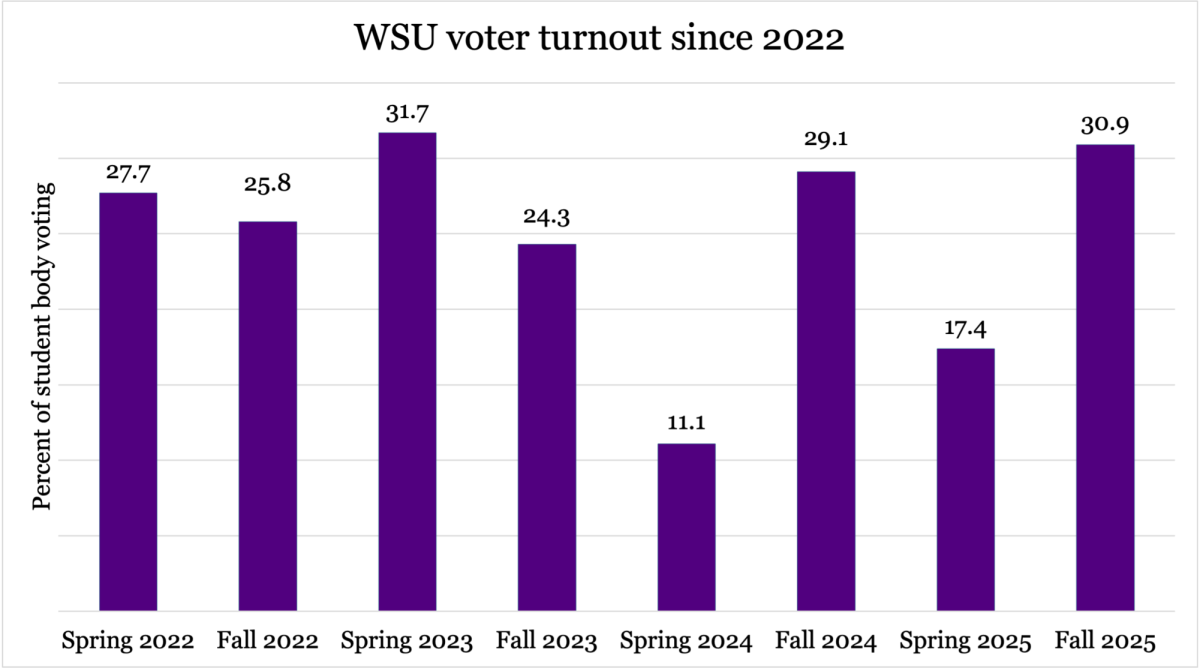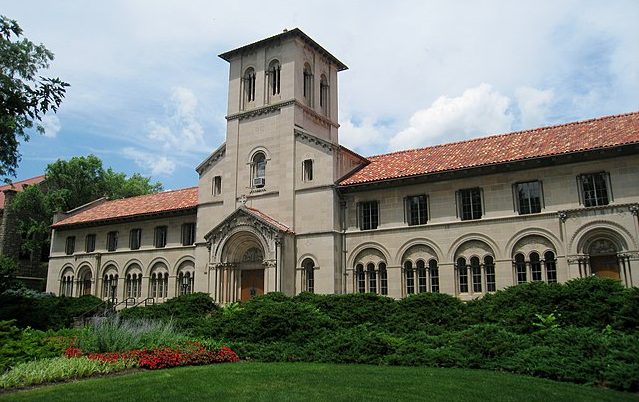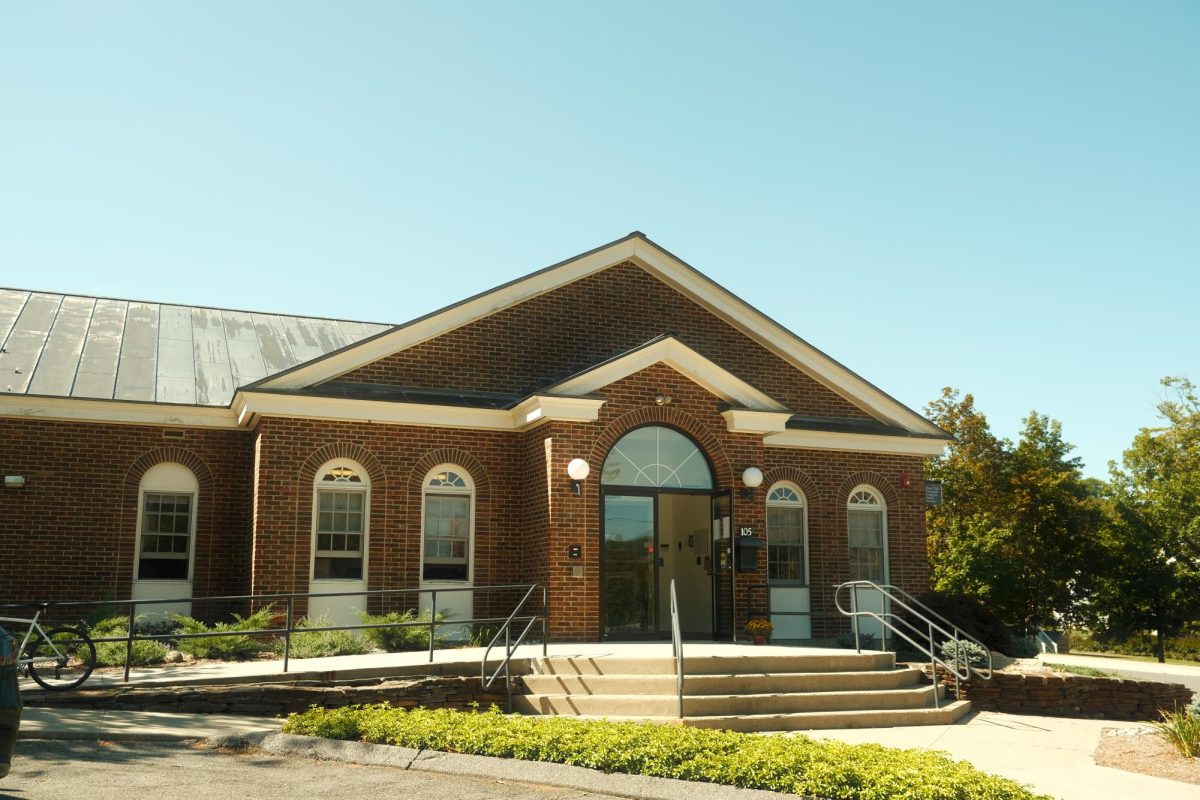The College offered admission to 899 students on March 22 during the regular decision round, according to Dean of Admission and Student Financial Services Liz Creighton ’01. Applicants who accept their offers of admission will join the 249 students admitted to the Class of 2028 in December through the College’s early decision admissions process. In total, the College admitted 1,159 students to the Class of 2028.
This year, the College received 14,100 applications in the regular decision round, an increase of more than a third from last year’s 10,315 regular decision applications and the largest volume of regular decision applications since the record 14,305 regular decision applications for the Class of 2026. Combined with its early decision cycle, the College received 15,411 applicants for the Class of 2028. The Record calculated the total acceptance rate for the 2023-2024 admission cycle as 7.5 percent — down 2.3 percentage points since last year — marking the lowest rate on record. The acceptance rate for the regular decision round was 6.4 percent.
The College received over a third more applicants in the regular decision round for the Class of 2028. (Izzy Polanco/The Williams Record. Data courtesy of Common Data Set 1998-2024.)
The College’s Office of Communications refrained from releasing its acceptance rate, instead releasing only the number of applicants and accepted students. “It places disproportionate emphasis on the students who weren’t admitted,” Creighton wrote of the acceptance rate statistic in an email to the Record. “We prefer to focus instead on the students to whom we could offer a spot in the class.”
In addition to the 899 students who were accepted last Friday, which includes 14 previously deferred from the early decision round, the College waitlisted 2,300 applicants and denied admission to 10,901 during its regular decision round. The College accepted approximately the same number of students as last year — the target class size being roughly 550 students, which is consistent with recent classes, Creighton wrote.
The Class of 2028 applied amid a changing admission landscape. This admissions cycle marked the fourth year of the College’s test-optional pilot program, giving prospective students the choice to submit standardized test scores with their applications. The program will extend through the 2025-26 admission cycle, which will outlast peer institutions, such as Dartmouth College, Brown University, and Yale University, that have recently reinstated standardized testing requirements for applicants seeking a spot in their first-year classes next year.
This application cycle is the first to follow last June’s Supreme Court decision on race-based admissions practices, which held that practices at Harvard University and the University of North Carolina were unconstitutional and significantly limited the ability for colleges — including Williams — to consider race as a factor in admissions decisions.
In response, the College eliminated its supplemental essay for the 2023-2024 admissions cycle, both because the supplemental essay could restrict accessibility by deterring potential applicants and applicants personal statements already provided “the most texture and detail” about students’ identities, Creighton told the Record in October. In previous years, the College’s application included either a required or optional short written statement.
As a result of the court’s ruling, admissions readers did not have access to information about applicants’ self-disclosed race or ethnicity while reading their applications. However, applicants were still able to discuss experiences related to race in their personal essays as long as “that discussion is concretely tied to a quality of character or unique ability,” as permitted by Chief Justice John Roberts’s majority opinion for the court.
The Office of Communications plans to share its annual profile of the class “at some point around First Days,” Creighton wrote to the Record. In past years, the profile has included demographics like the percentage of U.S. students of color that comprise the Class of 2028, in addition to other admission statistics.
This year, the Federal Student Aid Information Center announced a “significant overhaul” of the Free Application for Federal Student Aid (FAFSA) system, including a revision of the formula for need analysis. As a result of the redesign, the FAFSA form was unavailable for applicants and their families to fill out until Jan. 1 — a significant delay from the usual timeline, which typically begins in early October.
In response, the College did not require prospective students to submit FAFSA to be considered for financial aid. Instead, the College provided finalized financial aid awards to admitted students based on information in their College Scholarship Service Profile through the College Board. Williams will only require FAFSA from students applying for financial aid this year who enroll in the Class of 2028 and will require them to submit the form “later this summer,” Creighton wrote.
Admitted students will also have until May 15 to respond to their offer of admission — two weeks later than normal — the College announced on Feb. 10. “We recognize that awards from many other schools will be delayed and we want to give students and families every opportunity to compare their offers of admission and financial aid awards across all of the schools they’ve been admitted to,” Creighton wrote.
Despite these changes to this year’s admissions landscape, the College expects its yield for the Class of 2028 to remain consistent with previous years. “Williams’ yield has been remarkably steady for the last several decades and we don’t anticipate that will change this year, but obviously there has been a lot of change in the admission landscape over the past few years so we’ll certainly be keeping a close eye on how things evolve in the coming weeks,” Creighton wrote.
Admitted students are invited to campus for Williams Previews, beginning on April 14, where prospective students tour campus, attend classes, and hear from various student groups and administration members. This year’s iteration will be the third-consecutive in person Williams Previews programming since the COVID-19 pandemic halted campus tours in 2020. For the fourth consecutive year, the Office of Admission will also hold Virtual Previews on April 18, which will feature virtual versions of several sessions typically offered on-campus each spring.
“We’re delighted that so many admitted students are already registered to join us for Previews programming, both on campus and virtually,” Creighton wrote. “It’ll be a terrific opportunity for them to get a sense of whether they can imagine themselves at Williams and for the members of our community to get to know these extraordinary students whose curiosity, talent, work ethic, and kindness truly wowed members of the admission committee.”



